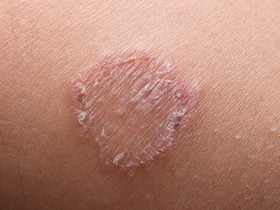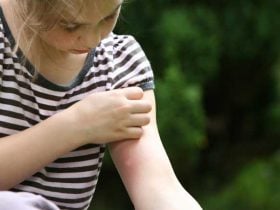Diphtheria

Bacterial strains that cause diphtheria are often spread by coughing, sneezing, or respiratory droplets.
Those who come in contact with ulcer or open sores are also susceptible to developing diphtheria.
The respiratory system is frequently affected by the bacteria, which can result in:
- weakness
- slight fever
- Swollen neck glands
- sore throat
- Breathing problems, heart failure, paralysis, and even death can result from diphtheria.
Pertussis
The months-long, potentially harmful whooping cough is prevented by the TDAP vaccine. It can induce uncontrollable, severe coughing, making it difficult to breathe or ingest food or drinks, including water.
TDAP also helps protect newborns who are too young to receive whooping cough vaccine. Infant whooping cough is frequently transmitted by parents, siblings, and grandparents.
Immunization against whooping cough has been since the 1940s. However, immunity to the disease normally declines over time, so booster vaccinations can help maintain immunity. Make an appointment with a healthcare provider to schedule regular checks of your child’s and your own vaccination history if you want to keep current.













